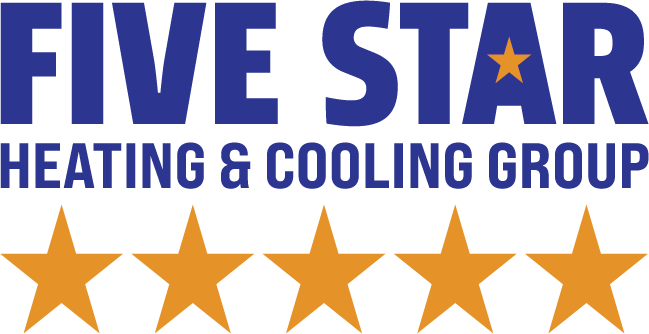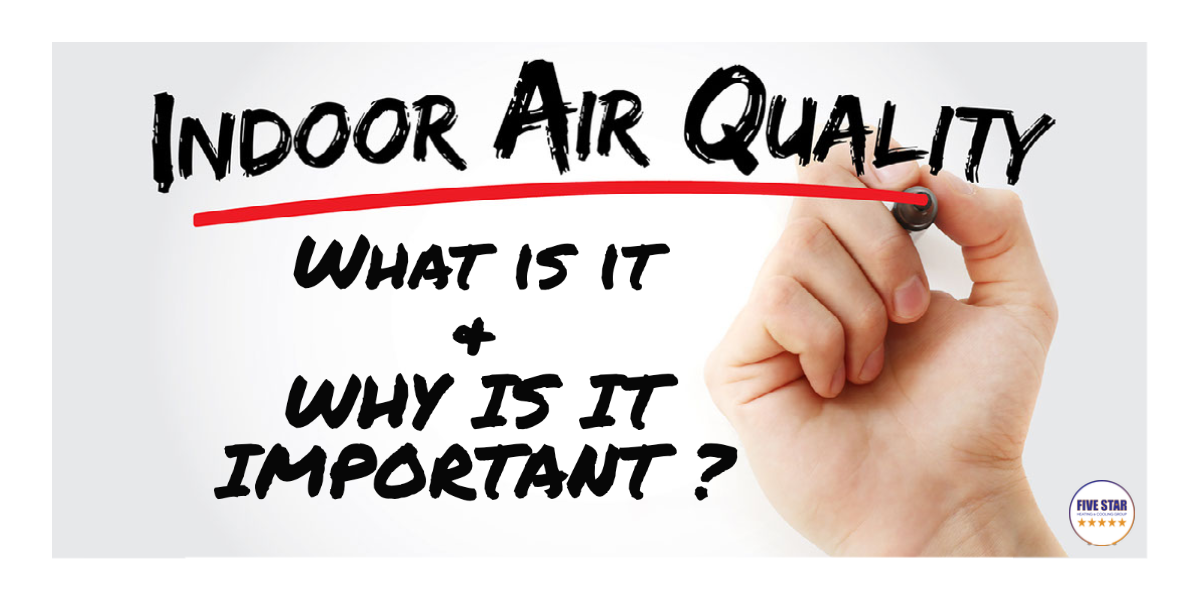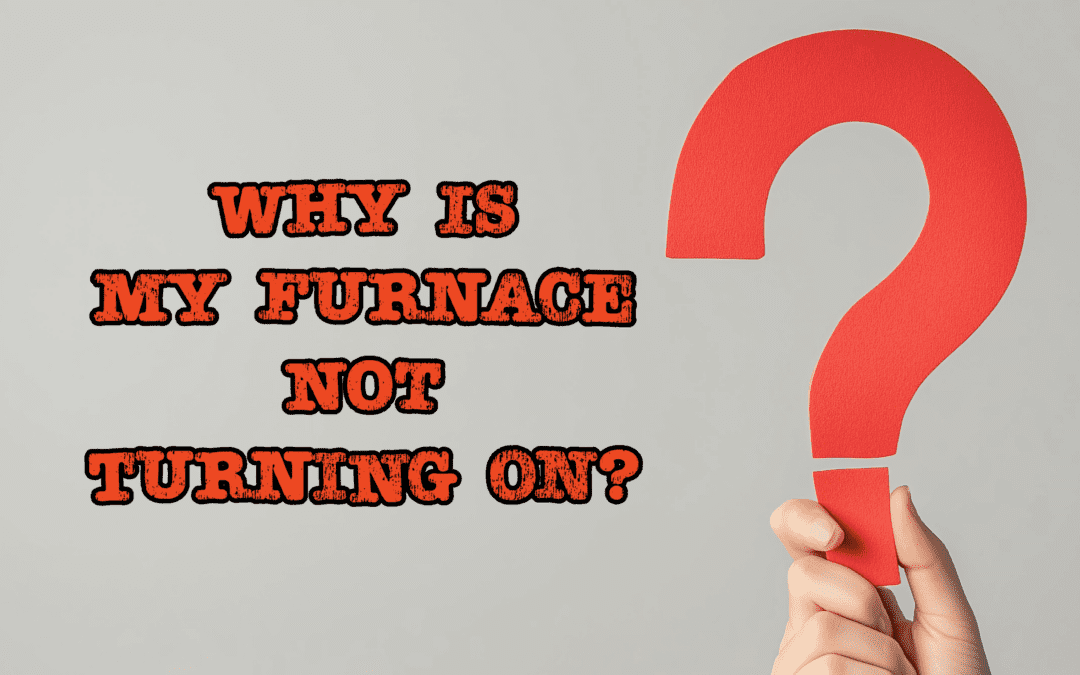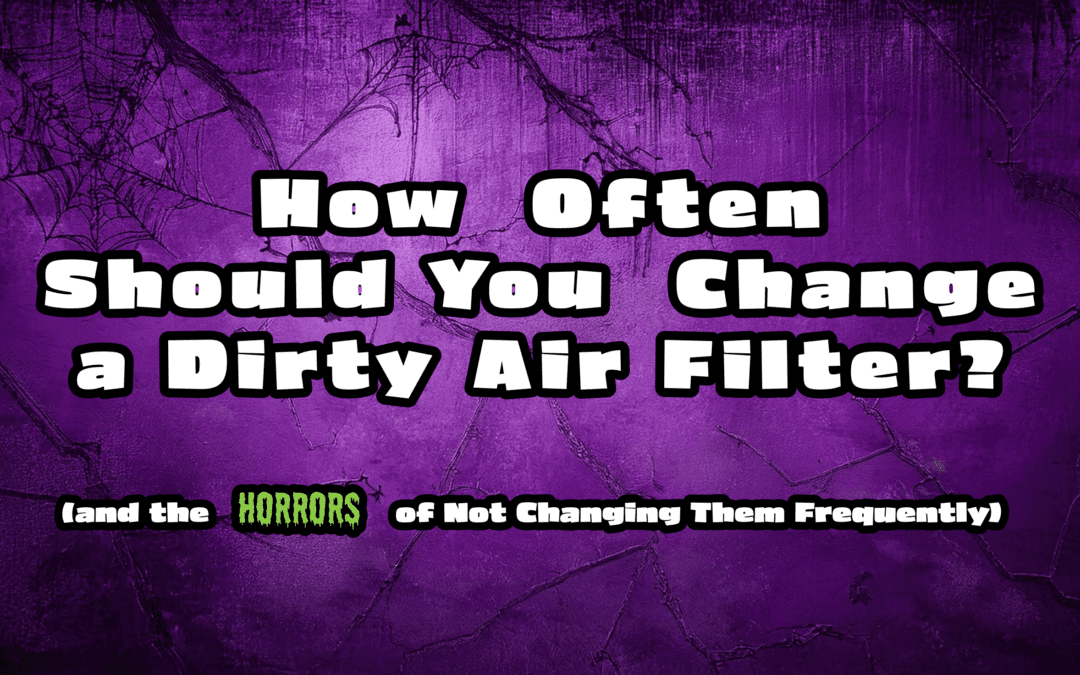At Five Star Heating & Cooling Group, we know the importance of indoor air quality quite well. When air quality is mentioned, outdoor pollution typically surfaces in one’s mind a lot of times. However, we cannot stress the importance of indoor air quality! So just what is indoor air quality exactly? IAQ references the quality of air within and around your home. Indoor air quality is crucial to pay attention to as it can affect you, your home, and your family. We consider you as a part of our Five-Star Heating & Cooling Group family. Therefore, we are dedicated to walking you through the process of identifying pollutant sources and improving the air quality in your home.
Does Changing Out an Air Filter Improve IAQ?
Improving the air quality in your home does not have to be a difficult task. You can start by routinely changing out your air filters. Yes, it can be simple as that! Our expert technicians recommend air filters switched out for new ones every 1 -2 months. An air filter’s purpose is to capture and hold floating allergens, pollens, pet fur, and dust particles and keep them from circulating freely in the open air. So if a filter is not changed regularly, buildup will occur and defeat the purpose of the filter altogether. In addition, a clogged and dirty air filter will place extra stress on your HVAC system, lessening its lifespan.
Does Utilizing the IAQ Feature on Thermostat IAQ?
Since smart thermostats are becoming more common in households, another easy way to improve your indoor air quality is to utilize the IAQ feature on your smart thermostat. Smart thermostats such as The Nest Learning Thermostat can measure the indoor air quality in your home. It will then communicate with your HVAC system to turn the fan on and direct the stale air back to the return ducts. If you don’t already have a smart thermostat in your home, don’t worry. There are various cost-friendly options available. Give us a call, and we’d be happy to give you more information.
Does a Humidifier or Dehumidifier Help with IAQ?
Experts say the levels of humidity in a home should be between 30%-50%. There are a few reasons your home may be producing overly moist air or dry air. Things such as your home’s structure and the season can play into this. Dry air in your home can create uncomfortable short-term side effects such as dry or cracked skin or bloody noses, breathing problems, and sleeping issues. But when humidity levels are too high, it creates excessive moisture in the air. This can allow mold and mildew growth to occur in these circumstances, which can create long-term health issues such as respiratory or heart-related problems. There are a variety of different humidifiers and dehumidifiers available that can best suit your budget and needs.
Does the iWave-R Improve IAQ?
Lastly, if you are looking for the best way to kill airborne toxins and allergens in your home, a whole-home purification system is worth looking into. Our NATE-certified technicians highly recommend the iWave-R as it is used with your existing HVAC system. As a bonus, it is a self-cleaning system and requires little to no maintenance!
One thing to remember is that everyone responds differently to pollutant sources. So while one individual may react to a pollutant, it may not necessarily cause a negative reaction for another. So if you want to start on your path to improving the indoor air quality in your home, Five Star Heating & Cooling Group would count it a privilege to embark on this journey with you. Let us help you tackle this task head-on as we offer you our expert advice! Reach us at (614) 490-7550, or schedule an appointment online now by clicking here!







